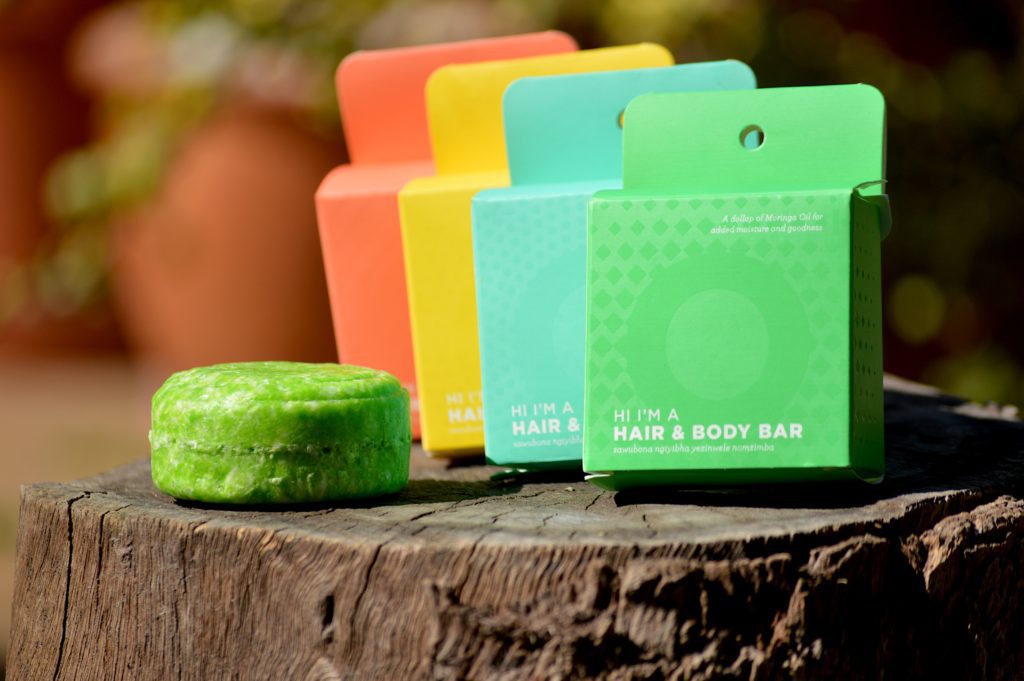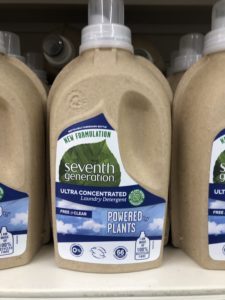Sustainability. It’s a term that seems to be added into every conversation in recent years, but what does it actually mean, and how can we be more sustainable as students? Sustainability is defined as “meeting our own needs without compromising the ability of future generations to meet their own needs.” The Earth has a finite number of resources available. Greenhouse gasses, produced as a result of our use of these resources, are causing the planet to experience drastic measures of global warming. Life on Earth as we know it will inevitably end if we continue to abuse its resources. Living life as sustainably as possible seems to be a valuable solution to this global issue, so why are we all not doing so?
It is often assumed that in order to adapt to a more sustainable way of life, you have to invest in sustainable products which can be pricey, and this is deterring for students, so here are ten affordable ways to be sustainable as a student:
1. Reduce Plastic Consumption in your Grocery Shop
Purchase loose fruit and vegetables. It’s the same price if not cheaper in most places. (And bring your own reusable produce bags, Sainsbury’s sell them for 30p) Buy tinned, carton, cardboard and glass packaged food and drink where possible such as pasta and rice, as long as it’s not over 30p more expensive, it won’t make a massive change to your budget, but you will be making a significant plastic saving in the long run. An alternative option for this would be to buy the bulk bags of these products, as this can be a cheaper route and still reduces waste.
2. Recycle Right
Check what is recyclable in your area and make a chart to put above your kitchen bins, so that your housemates are recycling properly. This makes such a difference.
 3. Naked Beauty Products
3. Naked Beauty Products
For health and beauty products, try out shampoo bars and naked soap products from places such as Lush and The Body Shop. Boots and Superdrug are also selling ranges of these products from brands such as Alberto Balsam and Ultimate Blends. Alternatively, you can buy the bigger and longer-lasting bottles in stores which you can then recycle at home to reduce plastic waste. I would also recommend investing in a reusable razor (I use FFS, available online or at Boots) and only dispose of the razor heads. (You can check how here)
4. All you need is Less
Avoid purchasing sustainable products until you have used up everything you already have at home. Just because plastic isn’t the best, doesn’t mean what you have won’t do the job. Many places are selling products such as glass water bottles and bamboo cutlery which, through their marketing, made me believe I needed them to live sustainably. However, while plastic may not be the best, I already have a reusable water bottle, and throwing that away to buy another version is not a sustainable practice.
5. Say No to Single-Use Plastics
If you’re grabbing a coffee with a friend, opt to drink-in or request a mug instead of a takeaway cup. If you regularly get takeaway coffees or drinks, invest in a reusable cup such as Keep Cup, or for iced drinks, Starbucks sell reusable tumbler cups.
6. BYOB(ag)
Make it a habit of bringing your own reusable shopping bag everywhere you go. You never know when you’re going to pop into Tesco for a few bits. If you can remember your phone, you can remember a bag too.
7. Go Digital
Ditch pens and notebooks and move your note taking online by using free study apps and technology such as Jamworks. Create virtual folders and save your money from spending on stationery which will also reduce its contribution to landfill.
 8. Dilutable Detergents
8. Dilutable Detergents
Cleaning products produce a large amount of wasteful packaging, so you can try out a concentrated antibacterial spray which comes in 75% less plastic than the spray bottle version (available in most supermarkets). The concept is that consumers buy the spray bottle first and then reuse it by purchasing the concentrated solution, thereafter, diluting it with tap water. Similar concepts are available for washing detergents and washing up liquids, which are also available in cardboard bottles as opposed to plastic.
9. Travel Wisely
When traveling, try your best to walk wherever you can – after all its the cheapest way to get anywhere! The majority of students do not need a car while at uni, and if you’re living on campus or in a city you will have most necessities accessible to you within walking distance. Alteratively, opt for trains and buses to get places or to travel home, as driving is both expensive and a large pollutant to our environment.
10. Reduce, Reuse, Recycle, and most importantly – Reflect
And finally, look at all your non-recyclable waste as a whole, to give yourself an idea of just how much waste you are contributing to landfill, and then see what you can do to reduce that each month.

